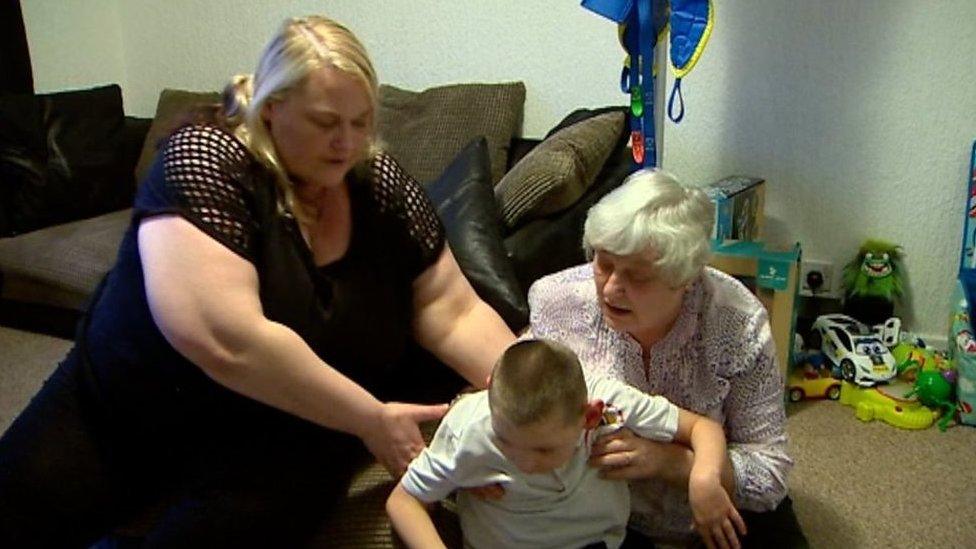Covid: Broken TV left unpaid carer 'overwhelmed'
- Published
For Sue and John Burley living in isolation, the TV was their main contact with the outside world
"As ridiculous as it sounds, when the TV broke it was like something else being taken away."
For Sue Burley, who cares for her 74-year-old husband John, something as simple as a broken TV left her "very isolated" and overwhelmed.
It comes as charities found carers were at breaking point without their wider support network during Covid.
The Welsh Government said it was continuing "vital work to help and support carers".
Ms Burley, 74, said she and her husband, who live on Anglesey, felt "completely flattened" trying to get their broken TV sorted.
"Making phone calls could take half an hour for them to answer, and sometimes then it would just cut off so I would have to do it all over again," she said.
"I was just crying all the time, I couldn't sleep and I knew I was getting unwell. I sat there one morning and just felt total despair."
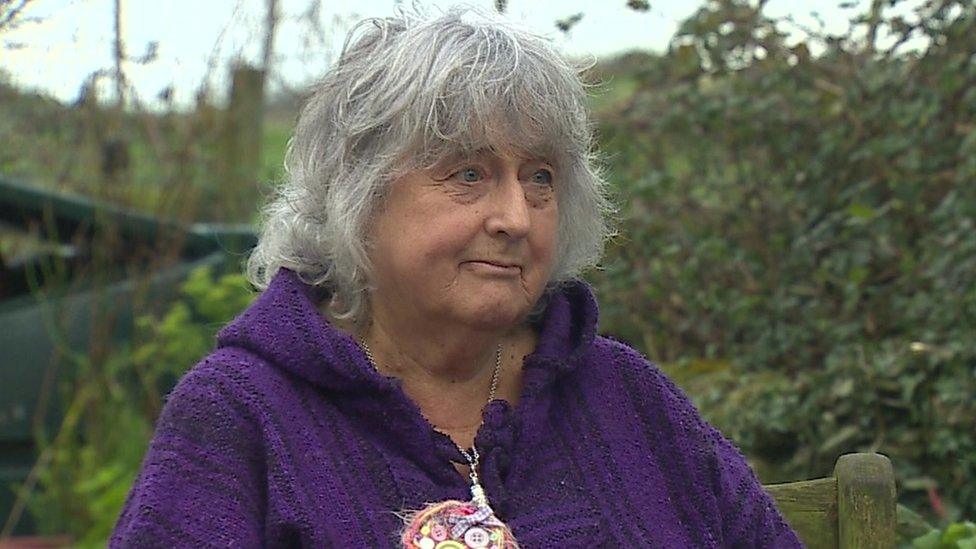
Sue Burley says her cataracts condition has deteriorated, which means she cannot read
Ms Burley said health problems, including her husband's dementia, and living in a remote area had a big impact on their mental health and left her "overwhelmed".
"We've lost our freedom, we've lost our ability to go where we want, be with who we want," she said.
"I'm waiting for my cataracts to be done and they've deteriorated quickly, so I can't read any more - we felt very isolated.
"It's hard for both people living with dementia. It's really difficult for the person who has it and it's really difficult for the partner."
'Life becomes one of fear'
Carers Trust Wales said 96% of care provided in Wales was done by unpaid carers and the pandemic has amplified the unsustainable pressures they faced.
With the closure of day centres and reduced services in the health and social sector, Kate Cubbage, from Carers Trust Wales, said the pandemic added "another layer" of pressures.
"We're very aware that the system itself and the individuals within it are particularly fragile at this time," she said.
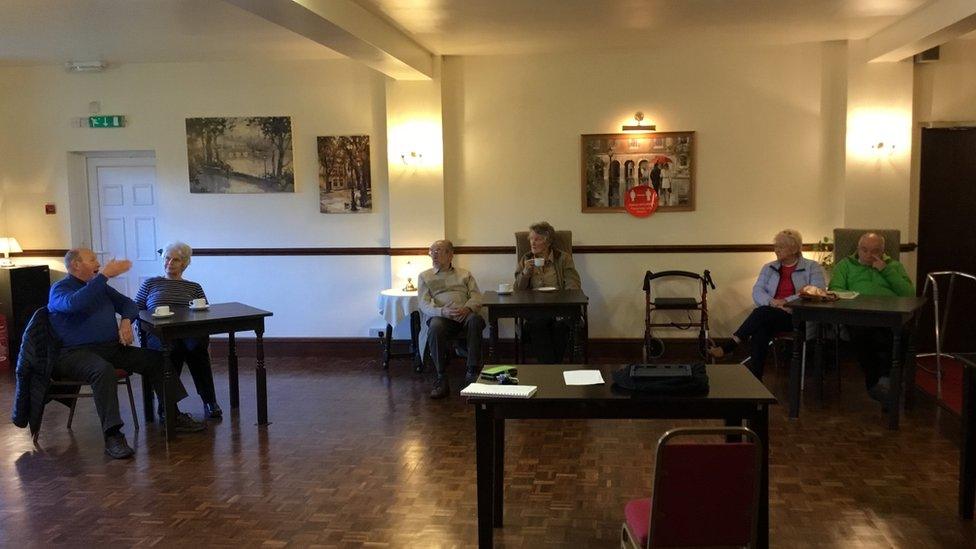
Carers at a group meeting organised by Carers Trust North Wales at a restaurant in Llanfairfechan
Alison Jones, chief executive officer of Carers Trust North Wales, said "people are on their knees, because all the help they were getting pre-Covid just stopped".
Carers Trust North Wales holds three community groups a week for couples and families caring for people with dementia, although numbers are reduced at the sessions due to social distancing.
Ms Jones said the sessions helped carers "keep going" and gave them "the chance just to do something for themselves".
They also hold Zoom meetings and provide one-to-one help, phone support, and help with household chores and shopping.
However, Michael Phillips, from Age Cymru, said investment was needed to reopen health and social services relied upon by older people and other carers.
"It left older people feeling isolated, alone and having to cope by themselves. That then set in a siege mentality," he said.
"What could just be a simple lump or bump can become a fear of cancer, so then your life becomes one of fear, rather than being able to cope."
A Welsh Government spokeswoman said "a number of measures" were introduced during the pandemic to ensure people could maintain social interaction in a safe way.
"We are providing money through the community facilities programme, voluntary services recovery and third sector resilience funds to help third sector organisations and community centres adapt to the new Covid regulations."
She added the government was continuing "the vital work to support and help carers with a broad range of partners including local authorities, health boards, academics and carers themselves."
Related topics
- Published1 November 2020
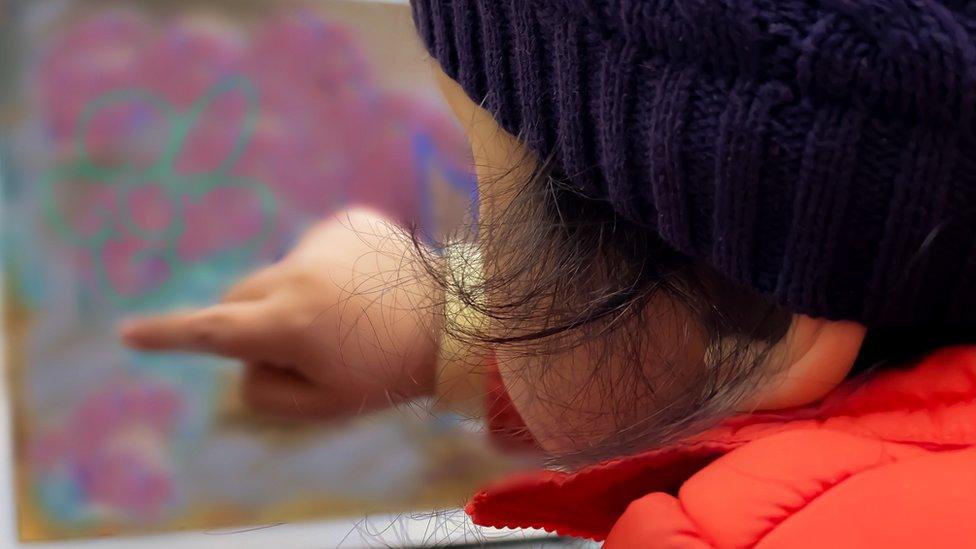
- Published22 July 2020
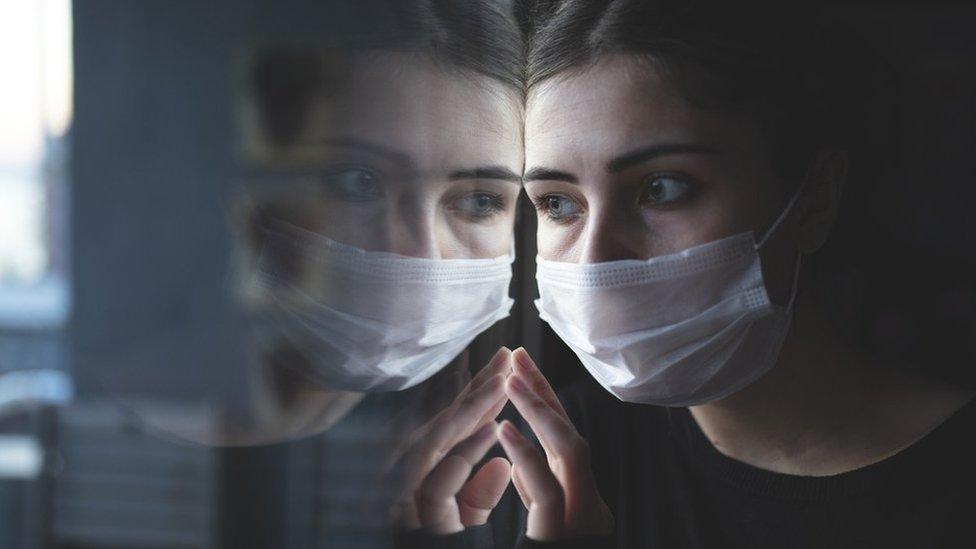
- Published10 June 2020
